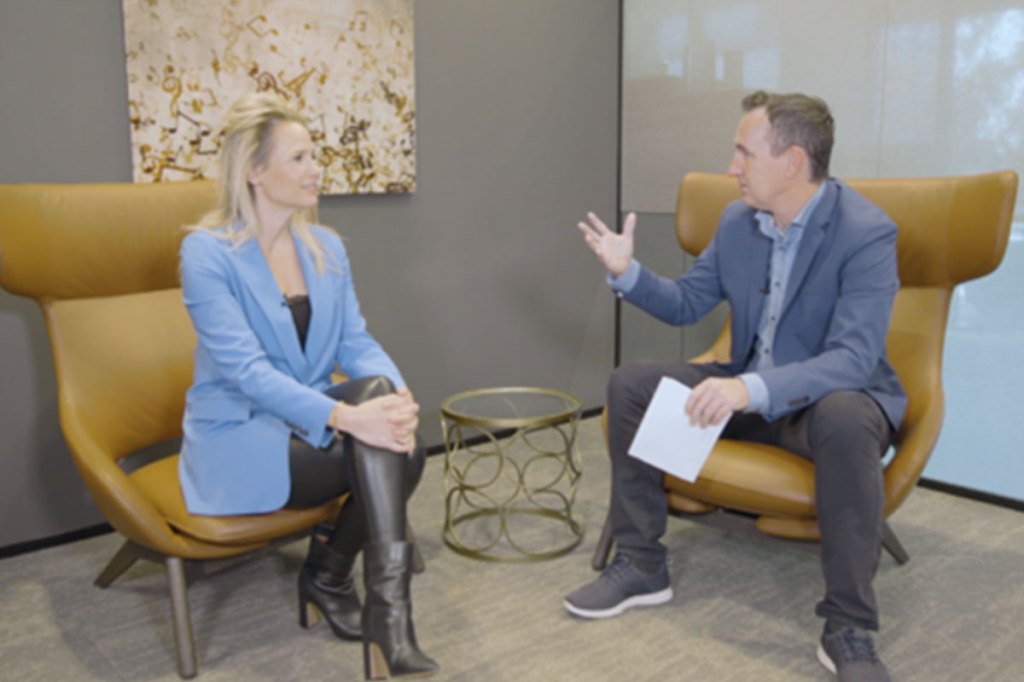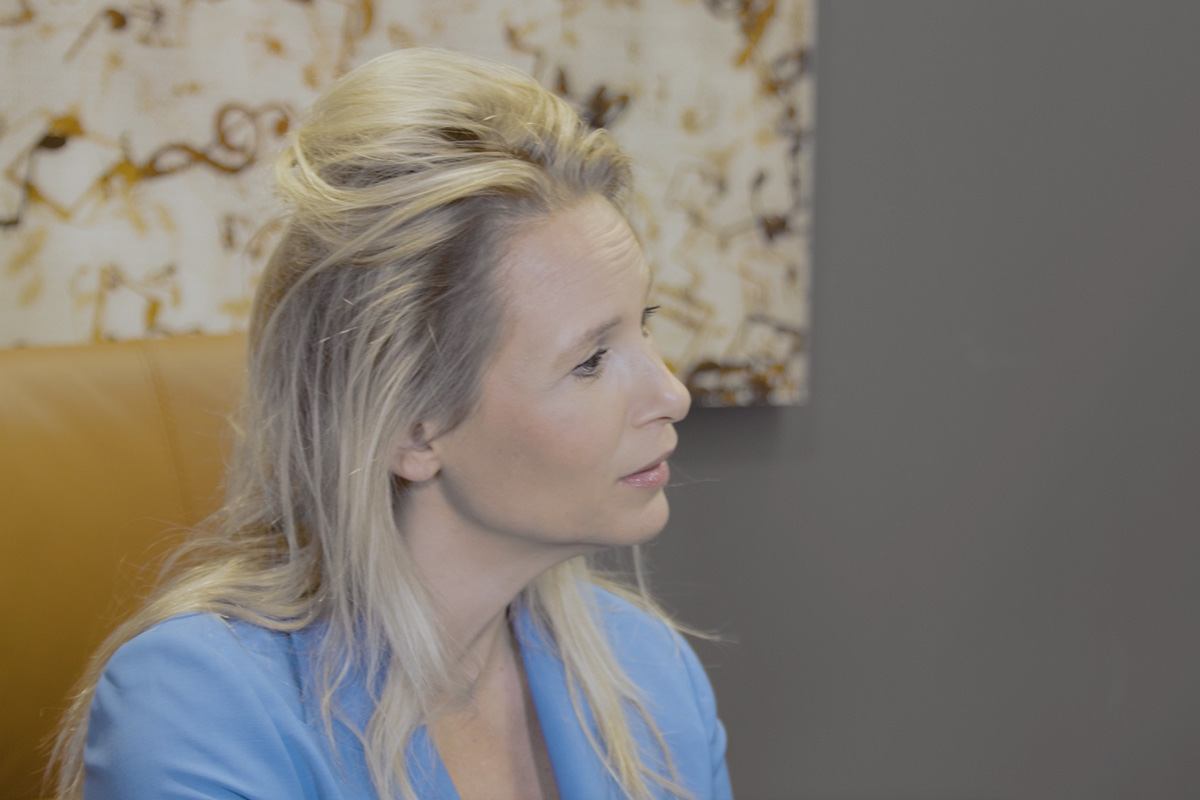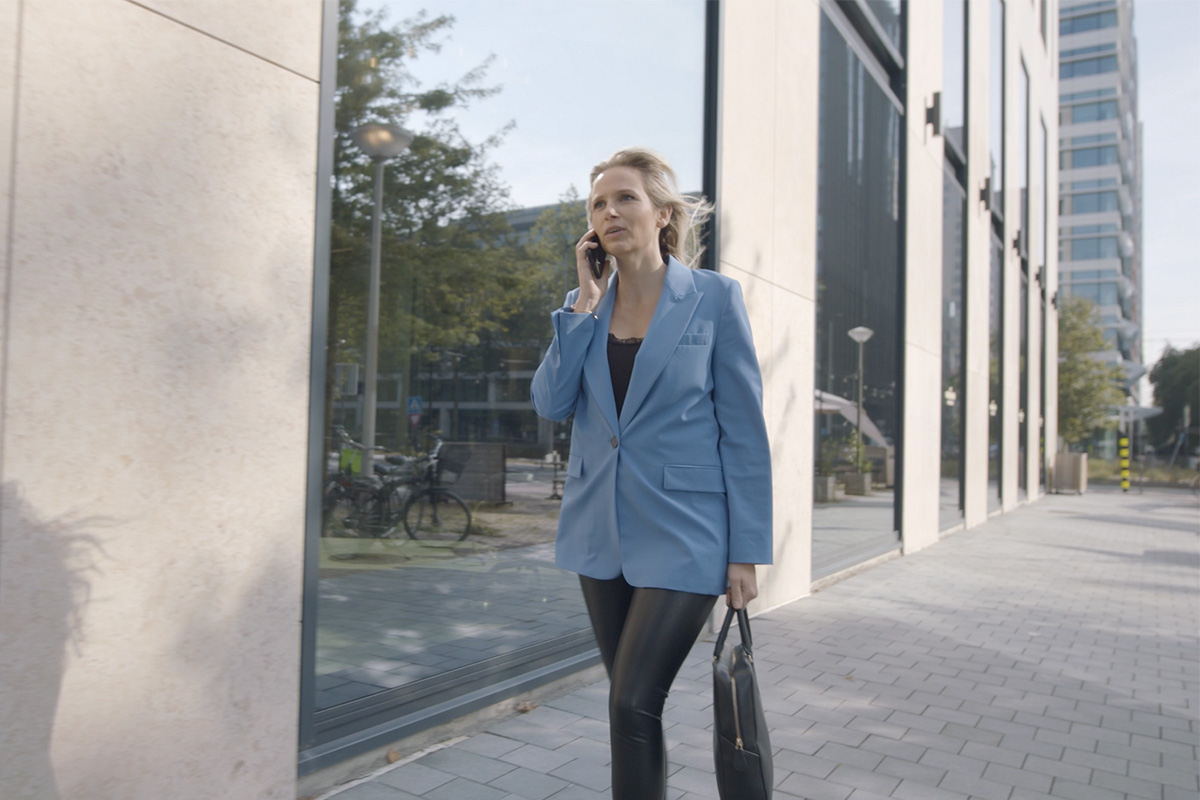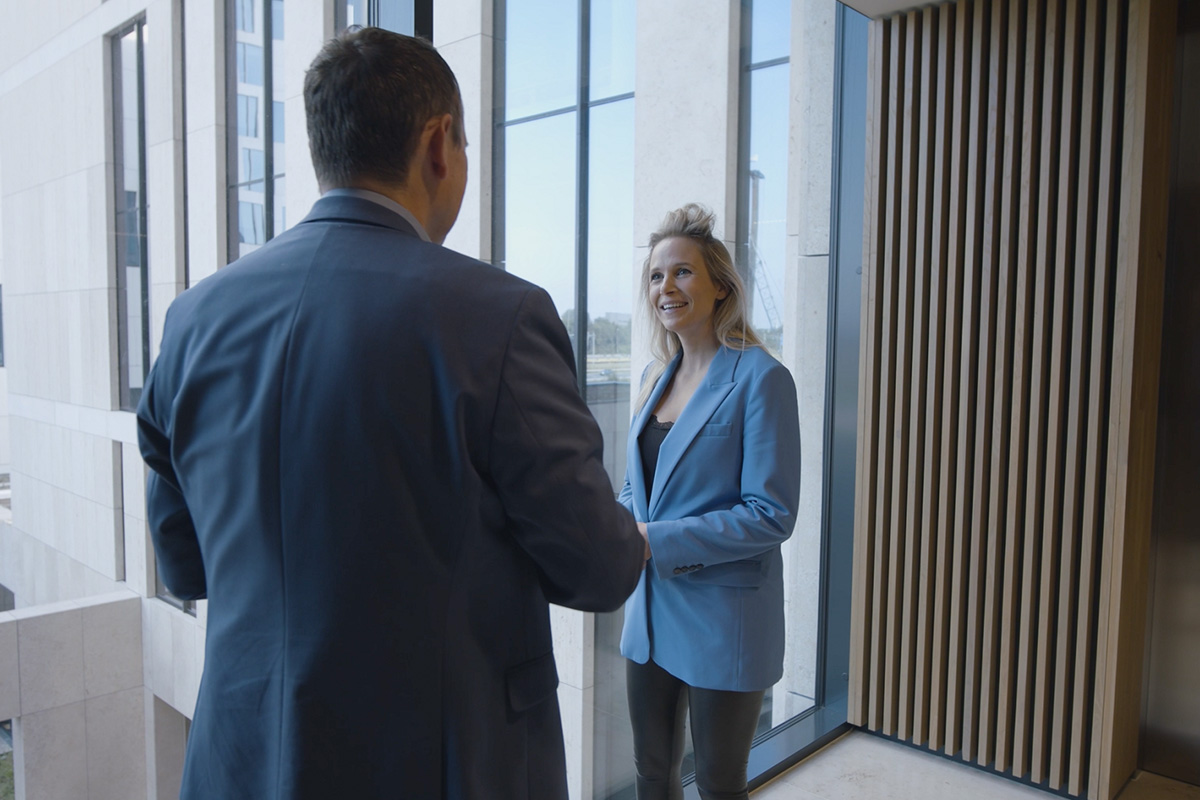The phone and the laptop have become our office. “We no longer need bricks and mortar to work, but they do serve a purpose,” says Annelou de Groot, development director of the International Workplace Group in the latest episode of Yardi Proptech Insights. She believes in a 15-minute city in which the flex office also plays an important role.

According to De Groot, COVID-19 has accelerated trends. One of them is remote working.
“Working from home all the time is not ideal, but neither is travelling to the office every day. Work has become more hybrid. Three times as many companies as before the pandemic are now considering a hybrid model. In such a model, we work in the office for a bit, at home for a bit, but above all close to home. We at the IWG facilitate this working close to home. We occupy an intermediate position. This offers advantages for both employer and employee. For the employee, it directly provides private time because they don’t have to travel very far. For the employer, it’s about a happy employee, but also about reducing the carbon footprint.”
Determining position

How does technology play a role in that hybrid model?
De Groot: “Our laptop is now our office. Or rather, my mobile phone is my office these days. We no longer need bricks and mortar to work and plug in. What do we do with technology? We are a platform organisation. Everything happens on our platform. We sometimes compare ourselves to Airbnb. There you can offer your home for rent, whereas we will rent out any excess office space you have.
First of all, we use our app to communicate with the IWG and our clients. But we are also working on pricing and yield management. When and where do you pay what price? We also keep an eye on the competition to determine our price. All data to help you find your position in the market.”
Using centres

How does technology play a role on the user side? De Groot: “We can tell from the number of logins in our centres how our centres are being used. This is essential, because clients can of course cancel or not cancel, but not cancelling does not necessarily mean that they will come to the office. Apart from that, we always play Tetris in our buildings. We’re always working on blocks that are released, businesses that are growing that we want to give a place, and so on.”
The 15-minute city
De Groot predicts that the future of work revolves around the concept of the ‘15-minute city’, in which all the important amenities are within a short travelling distance from home. “That’s why we also have centres in places like Roermond and Enschede. This allows employees to work close to home. In addition, we believe in a mixed-use area or perhaps a mixed-used building, where you combine uses such as hospitality, retail, living and working.
Frontrunner group

Finally, how innovative is the real estate market according to De Groot? “We see a strong frontrunner group that is working on sustainability, digitisation and innovation. They embrace Breeam, Paris Proof and digital control models. And there is a large middle bracket that complies with laws and regulations, but no more than that.”
De Groot goes on to cite two examples of innovative concepts that have inspired her. “The first is the Netflix of office furniture: Nonorm. It offers subscriptions to office furniture. The other is Wundermart, with which we work. These are unmanned mini supermarkets full of technology that you can also place in offices. Cameras keep track of the fresh produce on the shelves. Does it need to be restocked or not? But they also have a good payment and ordering system. Those are wonderful examples of innovation.”